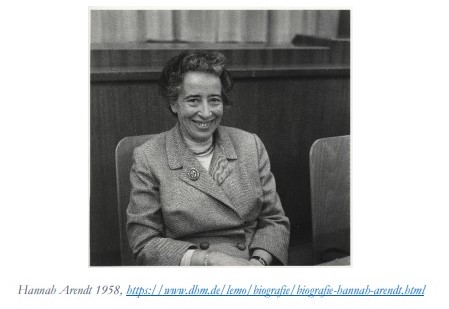In her article, “Reflections on Little Rock,” Hannah Arendt criticized the central focus of children and schools in the political strategy of Black Americans for equality. For this reason, her 1957 article was not published until 1959, two years after nine Black teenagers volunteered to integrate into the all-white Central High School in Little Rock, Arkansas. Arendt allowed the original version to be published, because, as she writes, she hoped it “might help to break the dangerous routine in which the discussion of these issues is being held from both sides” (45). Unfortunately, the discussion surrounding these reflections would resemble that of her 1963 report on Adolf Eichmann; instead of opening up a wider discussion about Black political strategy, the focus became Arendt herself and whether or not she was racist. More than 60 years later, the United States is still grappling with racist ideas, those who disseminate them, and the systems that perpetuate them. Plus, Arendt’s ideas on racism and antisemitism are still seen as highly prejudicial. Only recently, in the Trump era, has Arendt been widely revisited in a search for insights into combatting authoritarianism and preventing further iterations of totalitarianism. Although there are clearly instances where her commentary is highly problematic (towards Jews as well as Blacks), this talk will suggest that her concepts and distinctions might still prompt productive discussion of the issues surrounding of race, race-thinking, and racism, if only to show us how to learn from her mistakes.
May 10, 2021 6.45 pm (CET) /12:45 pm (CST)
Online- Please, register by sending an email to nicole.haring@uni-graz.at
